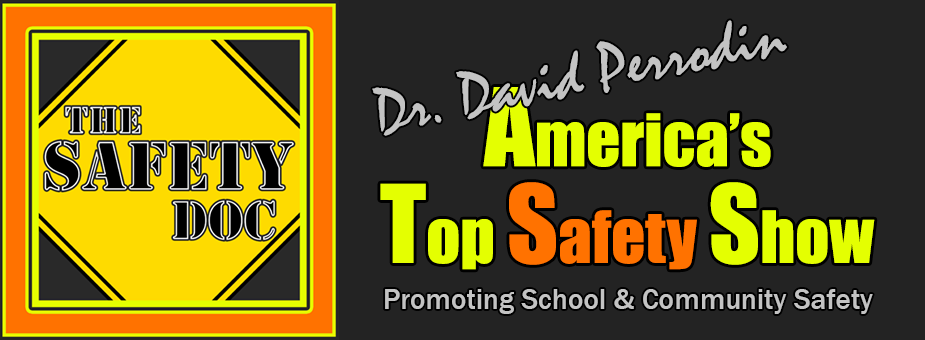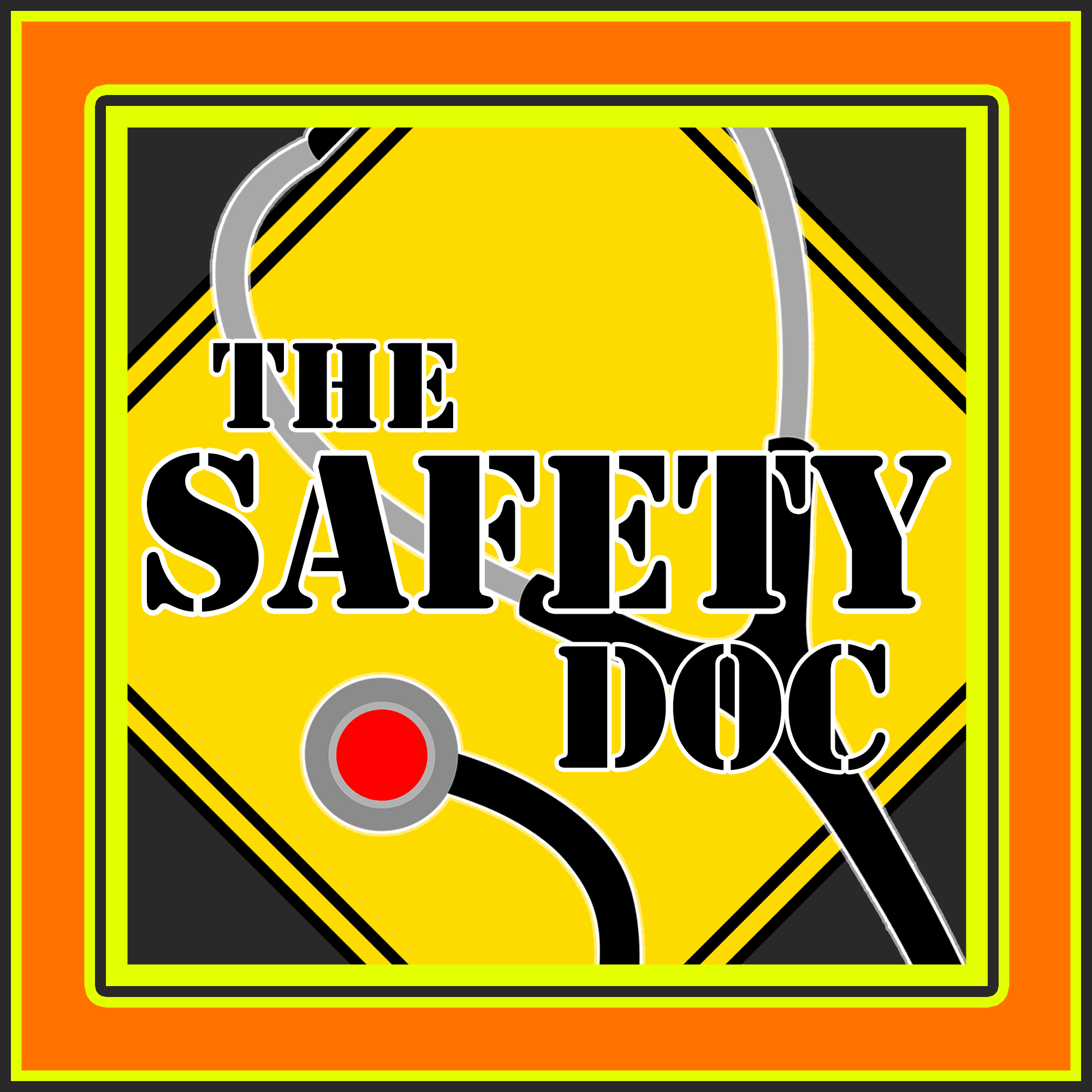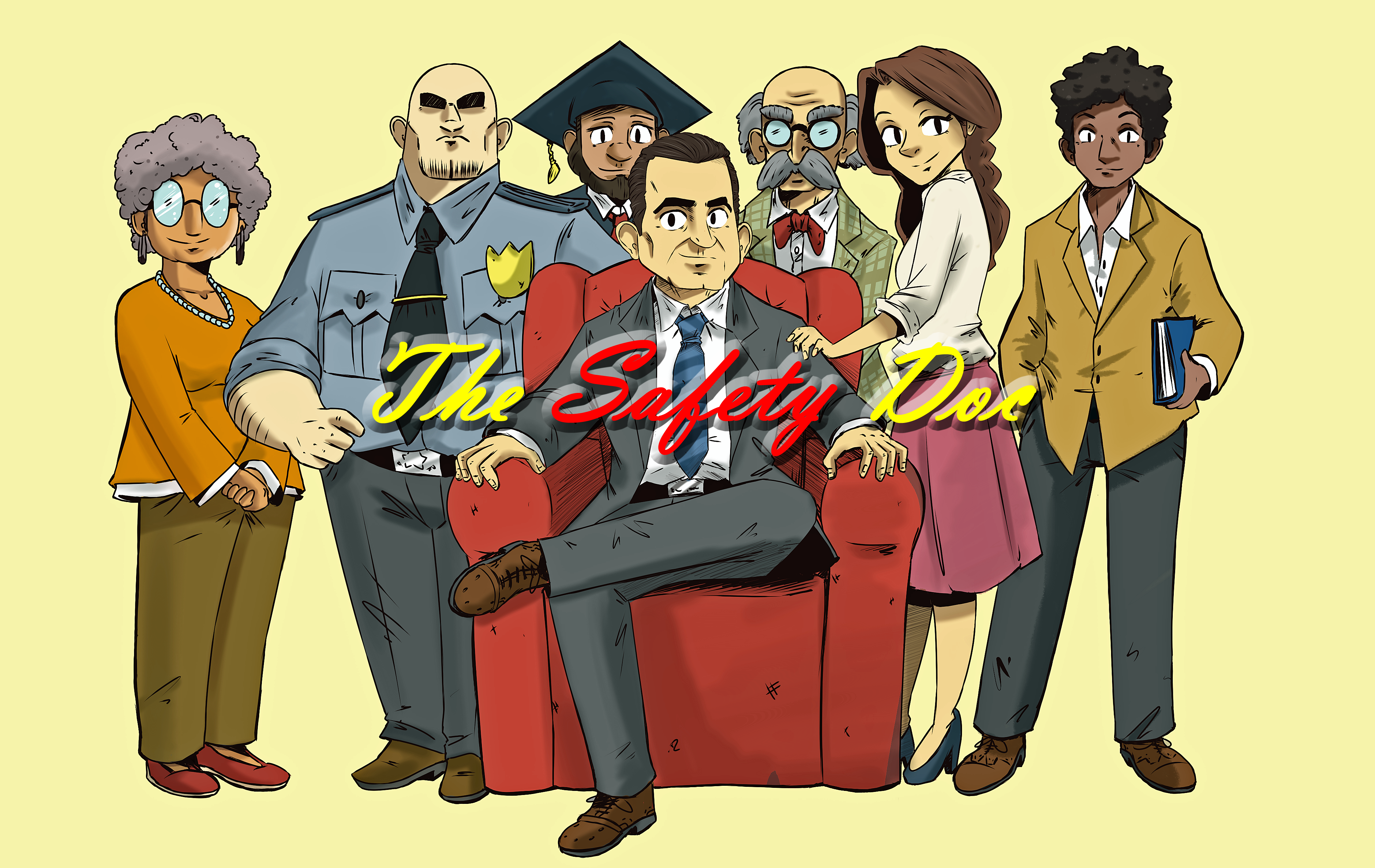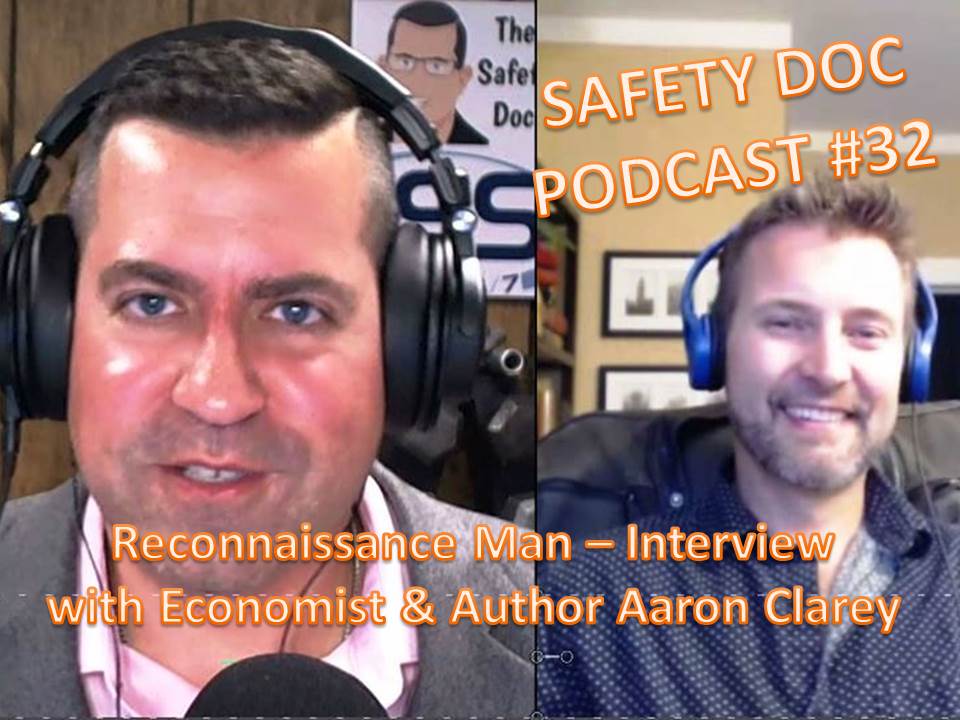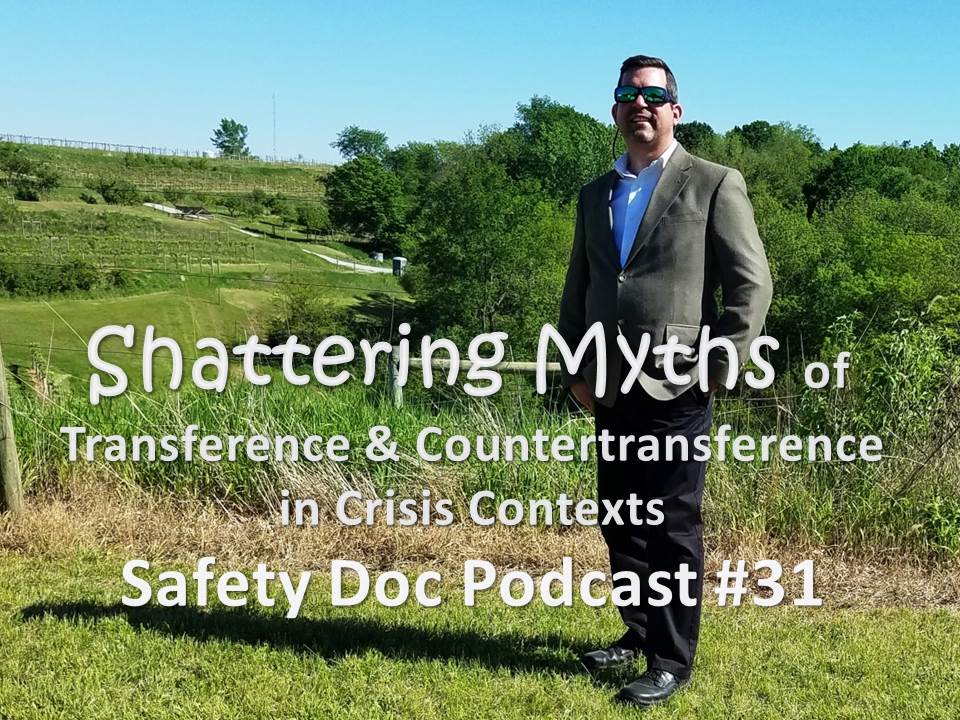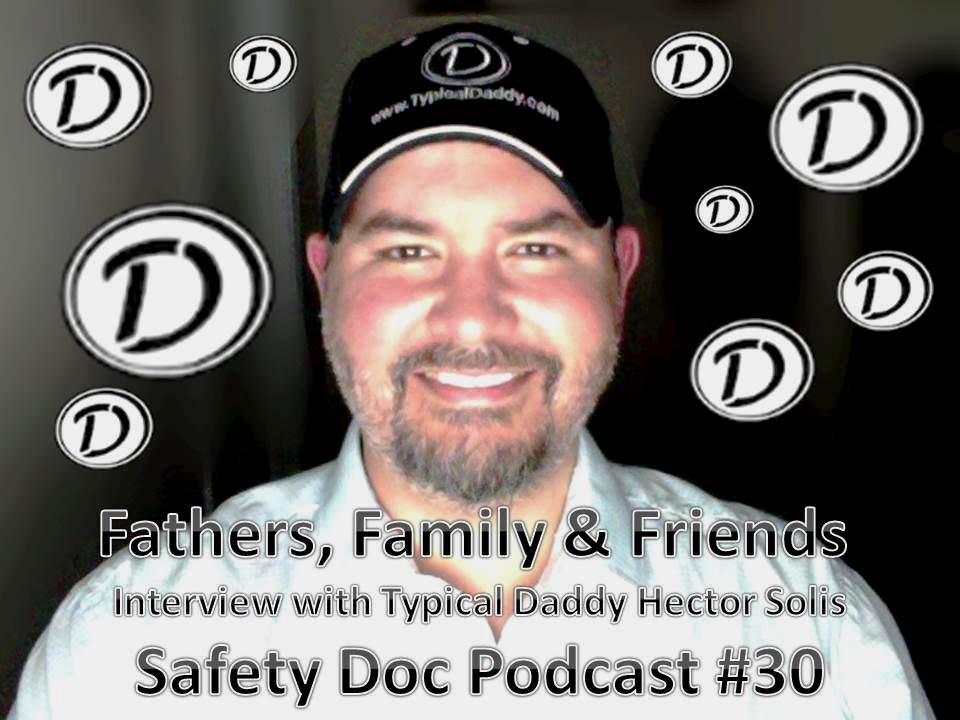Posts Tagged ‘The Safety Doc’
Cajun Navy Insider – Katie Pechon Interview / TRUE UNTOLD STORIES – SDP#46
PODCAST-When we think of rescuers, our thoughts default to police, fire and EMS. However, another group, much less formal, has been significantly involved in natural disaster rescue efforts across the southern US, primarily Louisiana and Texas, for the past decade. That assembly is referred to as the “Cajun Navy” and identifies ad-hoc volunteer groups comprising…
Read MoreBack to School Safety Special – Time to be Terrified!! – SDP#39
High-drama multi-agency intruder response simulations transpire daily in schools across America. This hyper-realistic approach to school safety has produced a flurry of litigation centering psychological trauma for adults and children. Furthermore, theatrical drills are not supported by empirical research and differ greatly from other preparedness practices.
Read MoreWhy We Can’t Compare Disasters: WTC, Murrah, Katrina & More – SDP#37
There are several reasons why each disaster should be studied as an individual unit. By isolating communications and geography specific to time, context and situation, Dr. Perrodin demonstrates the inherent problems with comparing disasters. He also notes the incredible impact of “lived experiences” and longitudinal demographic factors that contributed to the improbable rescue of 500,000 people in only 9 hours from Lower Manhattan on 9/11/01.
Read MoreSophie’s Choice, Moral Dilemmas & 9/11 Research Design Issues – SDP#36
Moral dilemmas center ethical choices in rescue operations in which the grueling decision is between, at times, equally-deserving alternatives. Dr. Perrodin also critiques a safety response article comparing the actions of rescuers present at the Murrah Building and rescuers present at the World Trade Center – noting such comparisons hold great challenges to distilling information that can be generalized to other settings.
Read More“Societies Sinister Similarity” – A Conversation with David & Elijah – SDP#35
Would religion have a purpose if there was no human death? Is there a point when a perpetual Ground Hog Day would siphon one’s sense of control over being & environment, hence eroding agency & purpose?
Read MoreOne Question Predicted Emotional Breakdown Better Than Any Other – SDP#34
A WWII field psychiatrist found that infantry soldiers in the 5th Army survived a maximum of 238 aggregate combat days (ACD) before a fate of (1) physical casualty, (2) prisoner of war, or (3) psychiatric casualty. For the first time, it was realized that every soldier had a “finite voltage” and sooner or later would break – even if they appeared to have held up magnificently under incredible stress. This understanding demarked a sharp change in thinking that previously held that soldiers that “broke” under pressure did so only due to some psychological flaw.
Read MoreHow the Famous Robbers Cave Experiment Defines The Torus and Self Similarity – SDP#33
The simplest nonlinear science is The Torus and it governs our daily lives into expected routines. Learn what happens when contexts and situations beyond our control move us out of the patterned Torus and into unpredictable Chaos. It’s not what you think!
Read More“Reconnaissance Man” – Interview with Economist & Author Aaron Clarey – SDP#32
If you don’t know what to study in college, then don’t go. And if you don’t know what to do in life, then don’t go. In both instances you’ll waste precious time and money you don’t have, and it pays instead to take inventory of you are, what you want to do, and where you belong in this world. But how do you do that? How do you find out who you are, what you were destined to do, and what your purpose in life is? And perhaps just as important, how do you do that quickly and efficiently as possible so you don’t waste any more time in life than you already have? Simple. You become a “Reconnaissance Man.”
Read MoreShattering Myths of Transference & Countertransference in Crisis Contexts – SDP#31
Transference is a phenomenon characterized by unconscious redirection of feelings from one person to another. One definition of transference is “the inappropriate repetition in the present of a relationship that was important in a person’s childhood”. To frame his discussion of transference, Dr. Perrodin explores the article The Different Faces of Transference written by Michael Maccoby which appeared in Harvard Business Review in 2004. While the article is dated, the perspectives of the author are helpful in bringing understanding to how transference has changed from the workforce of 2004 to the workforce of 2017.
Read MoreFathers, Family & Friends – Interview with Typical Daddy Podcaster Hector Solis – SDP#30
Hector Solis is a father devoted to providing practical, useful, and entertaining parenting information to men navigating through fatherhood. He is a co-founder of “Typical Daddy”, which is a team that shares parenting experiences, presents parenting challenges, and provides practical solutions for raising children. Hector and company understand that being a father is not a job; it is a privilege with great responsibility.
Read More